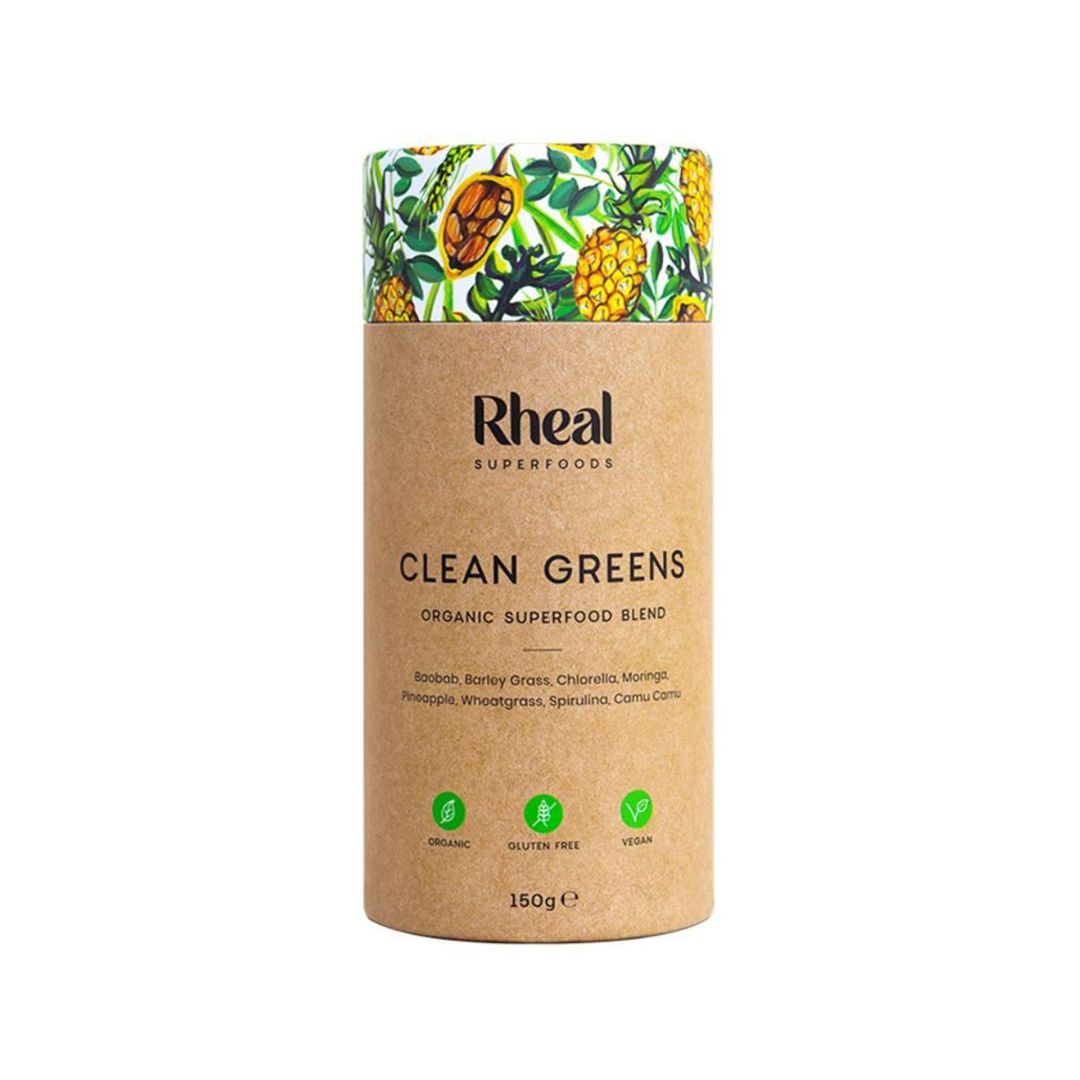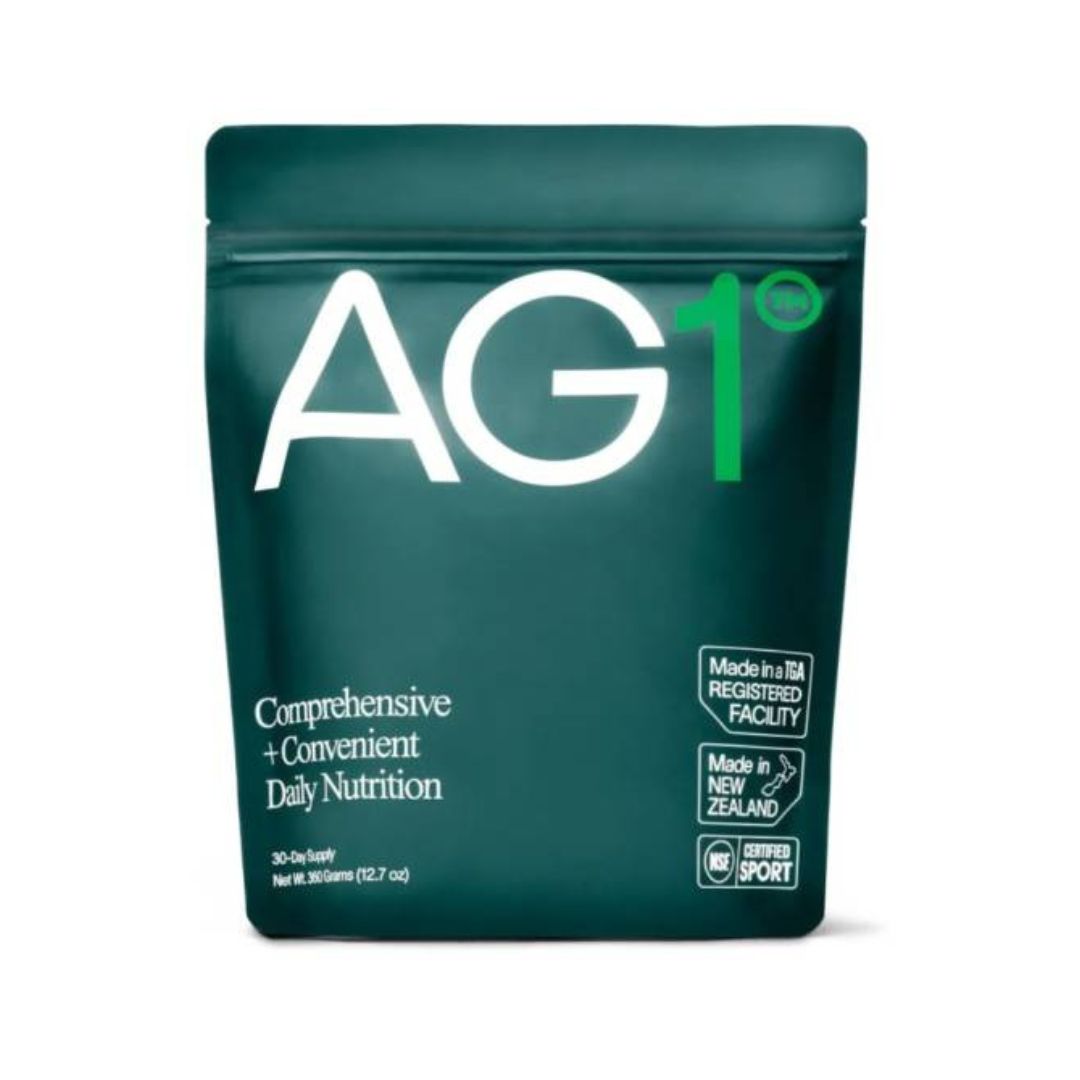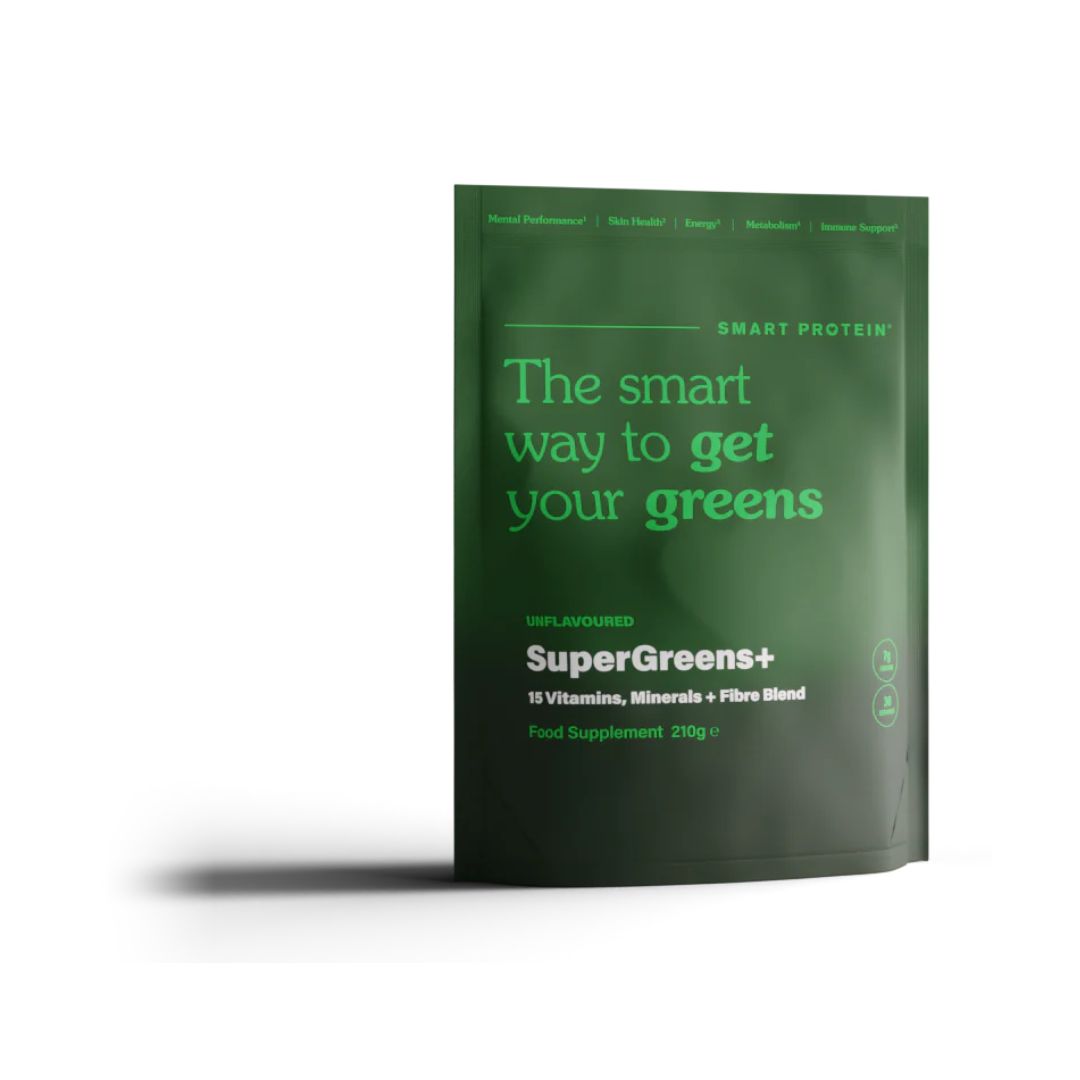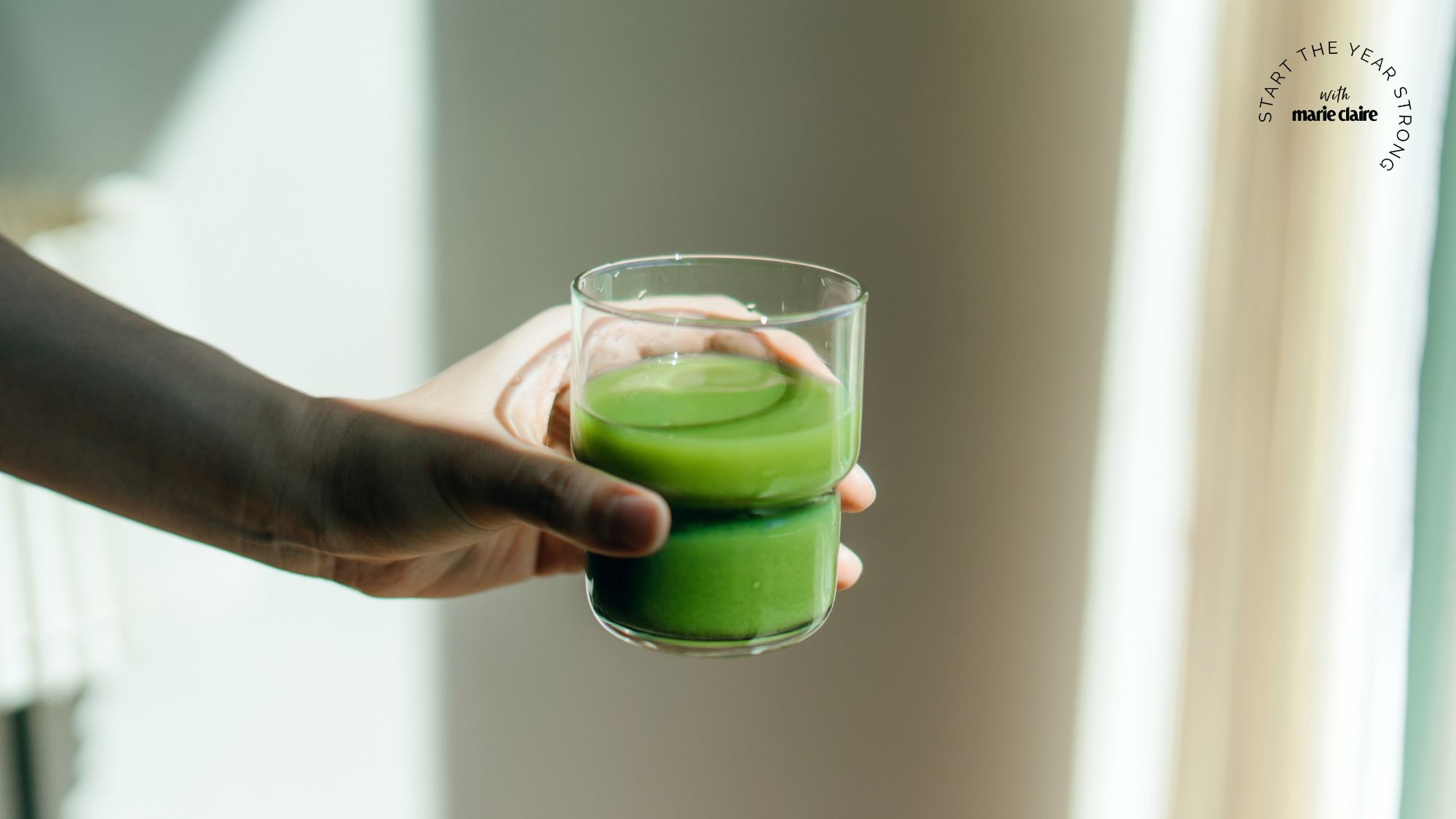
Celebrity news, beauty, fashion advice, and fascinating features, delivered straight to your inbox!
You are now subscribed
Your newsletter sign-up was successful
There are over 2.5 billion views for #greenspowder on TikTok. That’s a whole lot of eyeballs scrolling over videos recommending pulsated and dried fruit and veg supplements, meaning the green powder industry is worth over £265 million.
This isn’t just a trend reserved for wellness influencers, either: perfectly mixed greens powder are loved by everyone from neuroscientist Andrew Huberman, founder of the Huberman Lab, to nutritionists and personal trainers alike.
As a Health Editor who prides herself on cutting through the noise and debunking diet fads, weight loss myths and unbalanced nutrition advice, I have to say my interest was piqued with scepticism.
At first glance, greens powders make me uncomfortable - any supplement that claims to be healthier than actual food is usually a no-no in my book, but these dark green, sludge-like blends keep coming up on both TikTok and Instagram. Everyone was posting about the "game-changing" results they'd seen after using brands like Athletic Greens and Free Soul, raving about everything from better skin to improved digestion, to reduced bloating (all of which I'd quite like to benefit from myself tbh).
So I took matters into my own hands – I started digging into the science to discover whether greens powders have any robust backing and, like the walking science experiment I am, I started testing the delightful green sludge for the last month in the name of health journalism. A quick spoiler alert: these drinks are not particularly pleasant, no matter what the influencers say.
To say I was surprised by my findings would be an understatement. To read my take, plus the thoughts of two qualified nutritionists, keep scrolling. Don't miss our dedicated Free Soul mango greens review and Symprove review, while you're here.
Greens powder review: what are greens powders?
If you're not sure what a greens powder actually is, let me explain. They largely consist of dehydrated fruits and vegetables, such as kale, spinach, and broccoli, blended into a powder and sold in supplement form.
Celebrity news, beauty, fashion advice, and fascinating features, delivered straight to your inbox!
Kristen Stavridis, a qualified nutritionist based in London, adds that they are often called "superfood" powders thanks to the high volume of antioxidant-rich ingredients in them (plus the fact that, because the powders are made from dehydrated veg, they actually retain their nutrient density).
"They can also contain potent ingredients such as seaweed, spirulina, and wheatgrass, which can all help support healthy living," she explains. "Take wheatgrass, for example. It contains chlorophyll, which neutralizes toxins in the body and helps with inflammation."
“I've been shocked by the results”: what happens when you take greens powder?
I started taking the Arbonne greens mid-December in 2022 amidst 101 Christmas parties and copious amounts of cheese and wine.
I was keen to get going - I thought it'd be an easy way to get some greens in at a less than veg-packed time of year. Plus, I'm not big on New Year's Resolutions and think it's healthy to be incorporating new goals and healthy habits year-round.
Day one and I am shocked at the taste. I'm actually a fan of bitter green juices, but this - yep, this one hits differently. It's the texture that gets me - it's chalky, sludgy, and almost akin to the thickness of a vegan protein shake, but I gulp it down nonetheless.
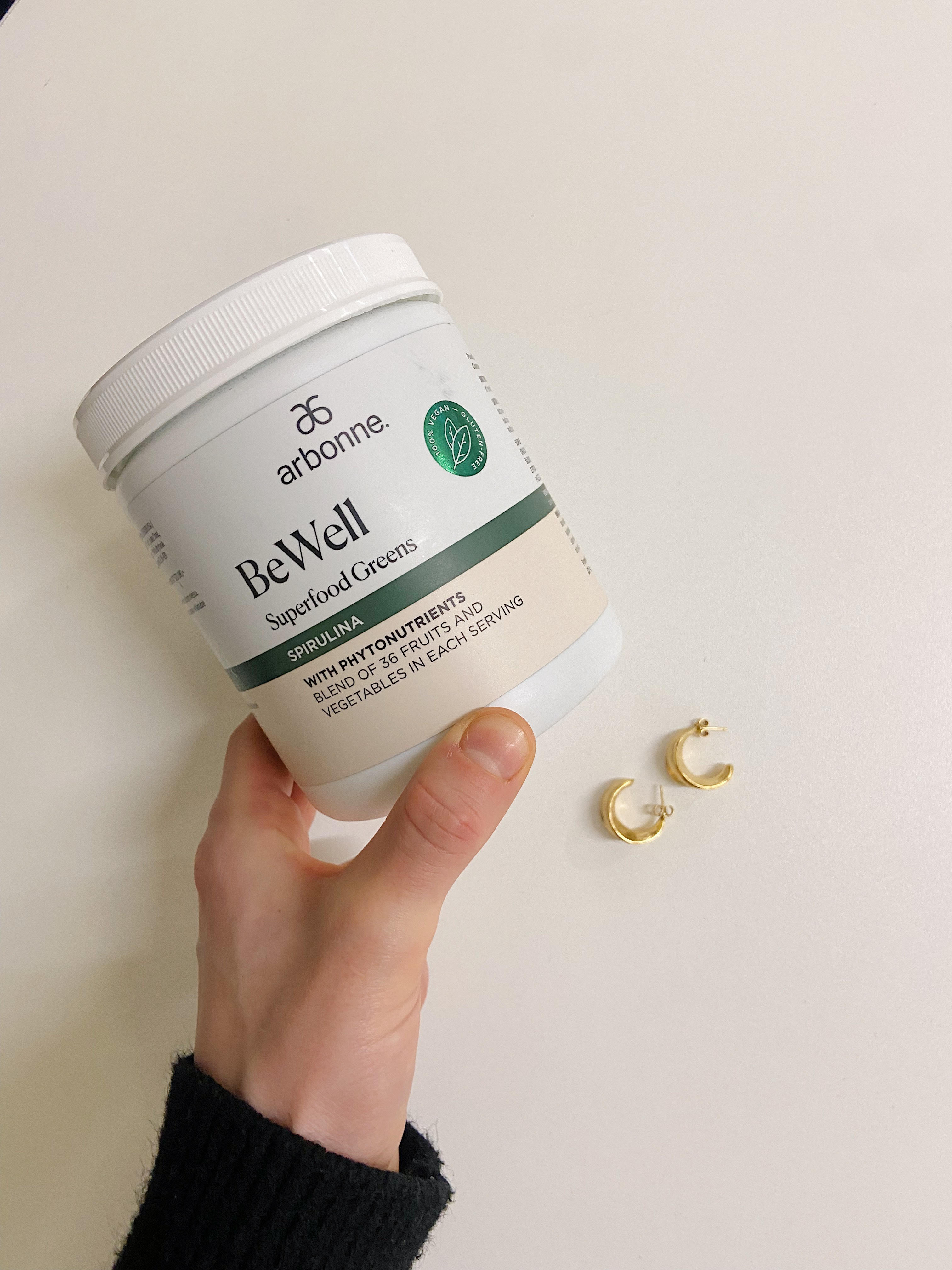
The Arbonne greens powder that Health Editor Ally Head tried
Day two, and I spot the influencers on TikTok using a mini electric whisk for theirs (admittedly, I just mixed mine in with a teaspoon). Feeling inspired, I chuck my greens in my blender and turn it on. It's decidedly better missed this way, plus, reading up on the 36 different fruits and vegetable in the mix listed on the side of the tub remind me of why I'm trying it.
Come the end of the first week, I'm actually quite enjoying my new morning routine, normally having just after my workout and before breakfast. There's definitely something psychological in gulping down such a healthy-looking breakfast drink, as even on days where it's followed by croissants, leftover sandwiches, and roast dinners, I still feel like I've maintained a couple of healthy habits that day.
Come the end of week three, we're in January - normally the time of year when my skin totally gives up post-Christmas and breaks out. This year, though, I get no breakout (touch wood). Instead, my skin is the best it's been in a while. I still have acne scarring, but I have no angry, active breakouts - nothing short of a post-Christmas miracle, given that I can't remember the last time I didn't get a breakout like clockwork in January.
It's important to note that I've also been doing Dry January and following a new nutrition plan focused on eating for hormone health so of course, these could also be to thank, but my skin and hair are both the healthiest they've looked in a long time and my bloating has been non-existent.
Week four comes around and I'm a bit of a convert. My only worry is the price of such greens - we are in a cost-of-living crisis, after all, and the price of many of these products just won't be affordable for most. As a Health Editor, I also feel obliged to point out that we are meant to get as many vitamins and minerals as possible from actual food - not supplements. So it's important to make sure you're using the greens as an addition to a healthy lifestyle, rather than as a replacement for.
Why are greens powders surging in popularity RN?
This is an interesting one, for sure, but it's in part because of social media, reckon the nutritionists.
"It's largely thanks to TikTok, where wellness enthusiasts have been trying out the supplements and sharing the benefits. Case in point - the #greenpowder hashtag has 2.5 billion views on TikTok alone," shares Stavridis.
As with any nutrition trend that started on social, it's worth pointing out that there's a very real chance it was originally posted by a genetically-blessed influencer or content creator with little to no formal qualifications or training. My point being? Remember to be careful, and do make sure you're getting your health and wellbeing advice from a qualified professional.
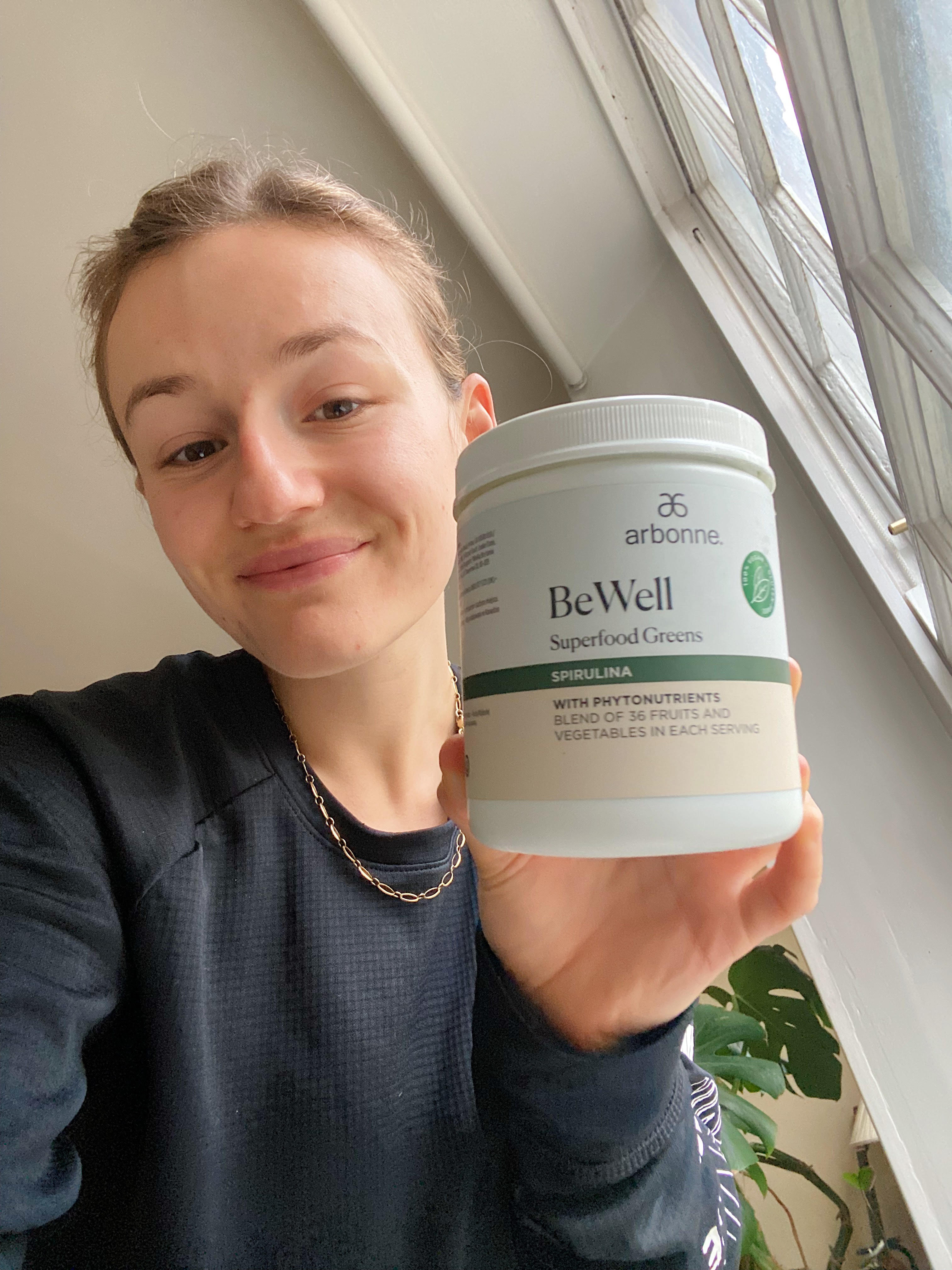
Health Editor Ally Head with the greens powder she tried
So, are greens powders actually legit?
Down to the important bit: whether there's any science-backed evidence to prove that greens powders actually boost your health.
As Stavridis points out, one 2011 study published in Int J Mol Sci suggests that greens powders can "lower blood levels of oxidatively damaged proteins by 30% if taken daily" (this is beneficial as these proteins perform functions which protect you from cancer and chronic diseases). Other research published in 2009 in the journal J Chiropr Med discovered two tablespoons of greens powder taken daily decreased both systolic and diastolic blood pressure by about 8%.
That said, there hasn't been more research in recent years, or anything sufficient enough to prove the spike in interest (and £££'s health brands must be making by selling said powders). Nutritionist Uta Boellinger agrees, adding that there is no magic pill or supplement to replace a healthy, balanced diet.
"It's important to be wary of products which claim to single-handedly fix just about every health issue there is (and whose marketing strategy is to advertise it to you as being the "cure" for the issues you are likely to experience)," she stresses.
Her thoughts on greens powders, though? She reckons they may be useful for some individuals - in combination with a healthy diet and lifestyle, of course. "As a nutritionist, I'm always teaching my client to up their vegetable intake, particularly dark leafy greens. In an ideal world, we'd all be able to get our nutrients from food each day, but the reality is different."
She continues: "Greens powders can be a great add-on if you need an extra boost on a busy day - it's a convenient way to up your micronutrients, including magnesium and B-vitamins, both crucial for energy levels and nervous system support."
It is important, though, to remember that no supplement (we're looking at you, greens powders) will ever be a one-size-fits-all miracle cure. "This notion is ridiculous - the human body is incredibly complex and everyone’s needs are different," stresses Boellinger. She adds that products like this spread the wrong message, encouraging people to think that there is a "magic pill" rather than slow and sustainable daily lifestyle choices over a long period of time.
Case in point - "none of these products will make up for an unhealthy lifestyle," she emphasises.
What to look out for when investing in a greens powder
According to Stavridis, when purchasing greens powder, there are a few key things to look out for. Keep an eye out for the following ingredients:
- Spirulina - an antioxidant and full of vitamins and minerals
- Chlorella - what she calls "nature’s best detoxifier"
- Leafy greens - kale, swiss chard, spinach which aid in digestion
- Wheatgrass - a super potent health food that she shares boosts immunity
- Alfalfa - known for its healing properties, contains Vitamin K
- Barley grass - an ancient ingredient that promises to boost strength and endurance.
Shop nutritionist-approved greens powders now
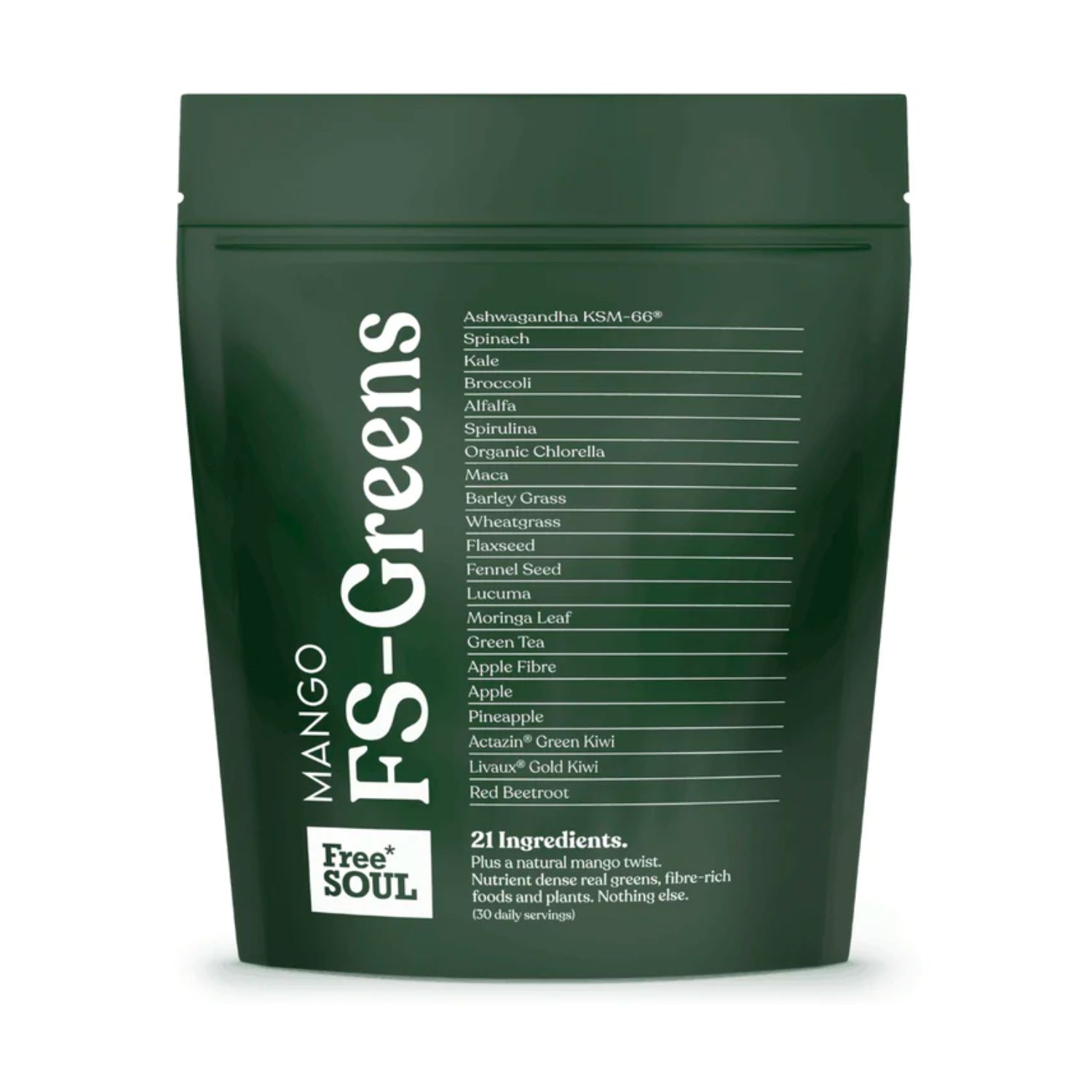
A firm favourite of team Marie Claire UK's, the Mango edition of the Free Soul greens are sweeter than other iterations on the market which makes it more palatable. Plus, the ingredients list is chock-full of fruit, veg, vitamins and minerals, making it a great addition to your morning smoothie or breakfast bowl.
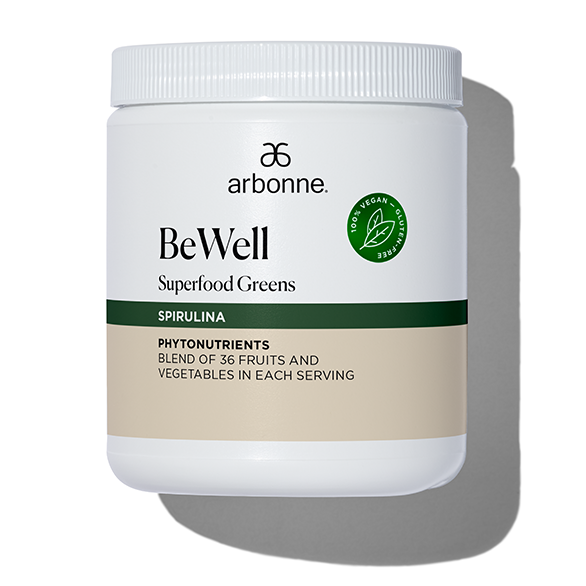
According to Stavridis, this is one of her favourite greens powders (though it's important to note that she is paid by the brand to be an ambassador). "It's an ideal superfood supplement for me as it includes 36 fruits and vegetables, which is a great way to get my greens into my diet," she explains. "I drink it with two added Arbonne supplements - the gut health one and the collagen builder, too. I find that they help with bloating and leave my skin glowing."
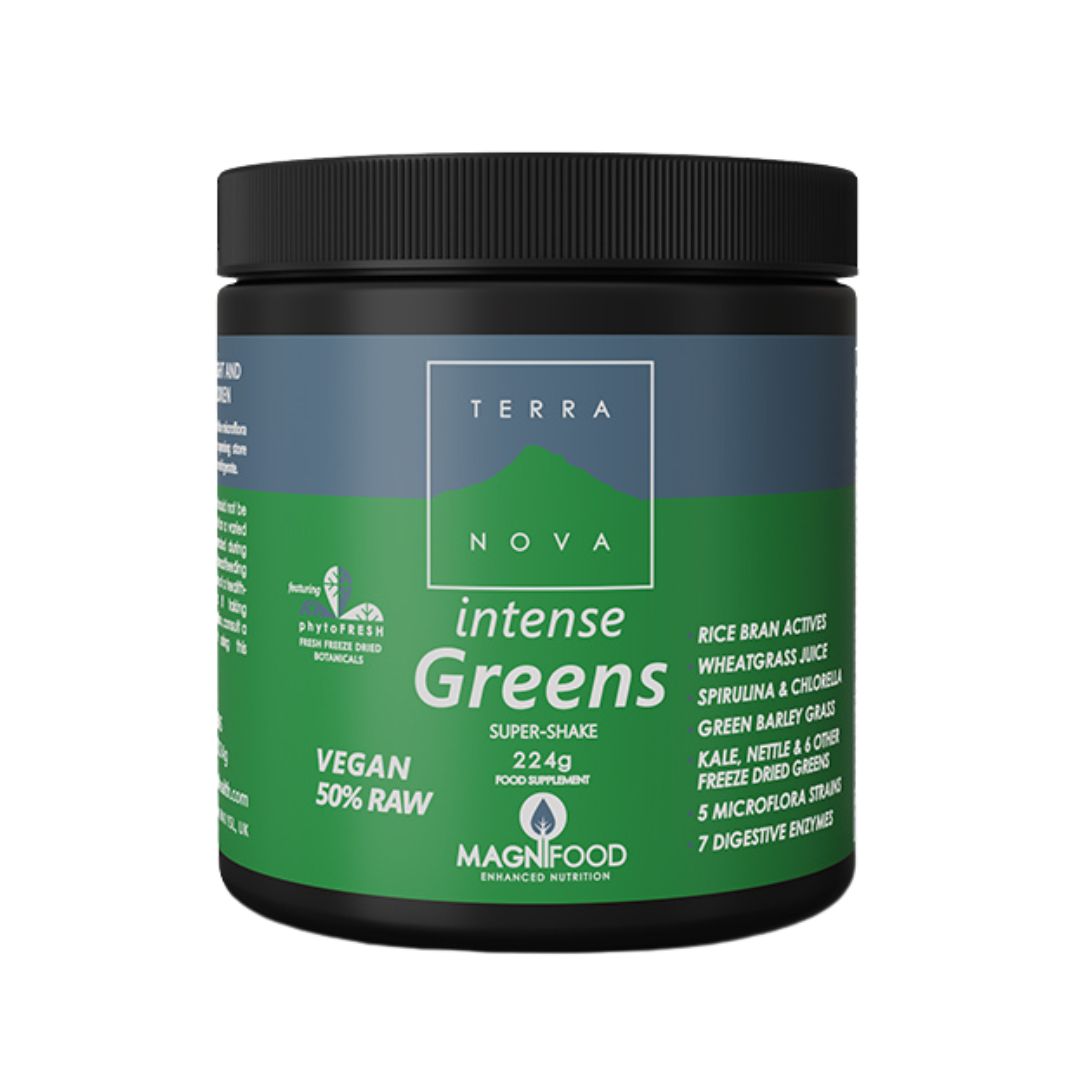
Keen to shop Boellinger's favourite? "This one is my go-to when I have a particularly busy period," she explains. Why? Well, "it contains kale, spinach, parsley, watercress and coriander which already gives you a broad range of vitamins and minerals, and it also contains micro-algae and wheatgrass, which I wouldn’t usually be eating."
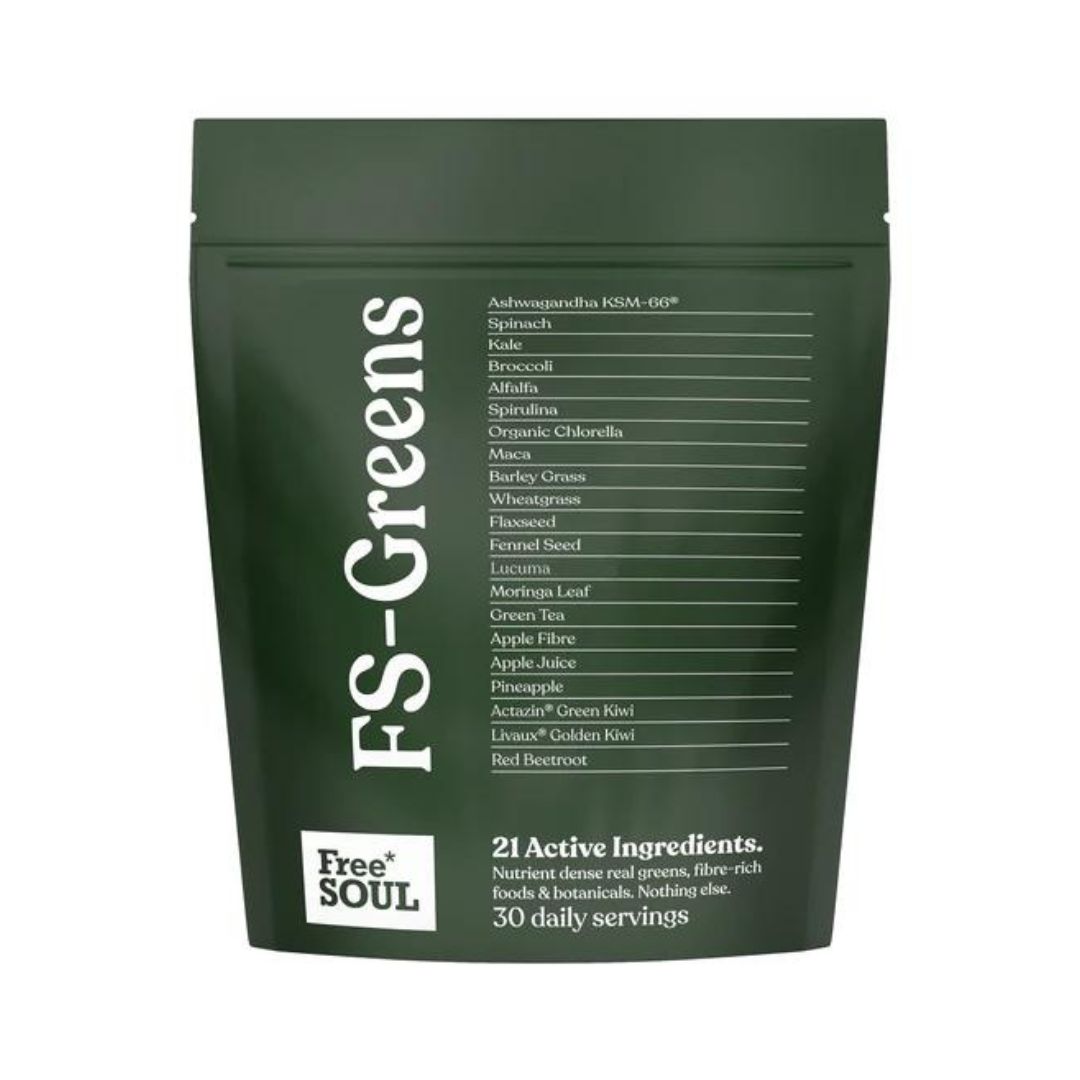
Another firm favourite of team MC UK's is the first edition of the Free Soul greens, sans mango. While the Freesoul greens offering may not include probiotics, the mix does have the added adaptogens ashwagandha and maca. "These are beneficial for nervous system support," explains Stavridis. "The Freesoul blend also includes a variety of seeds for digestion and fatty acids."
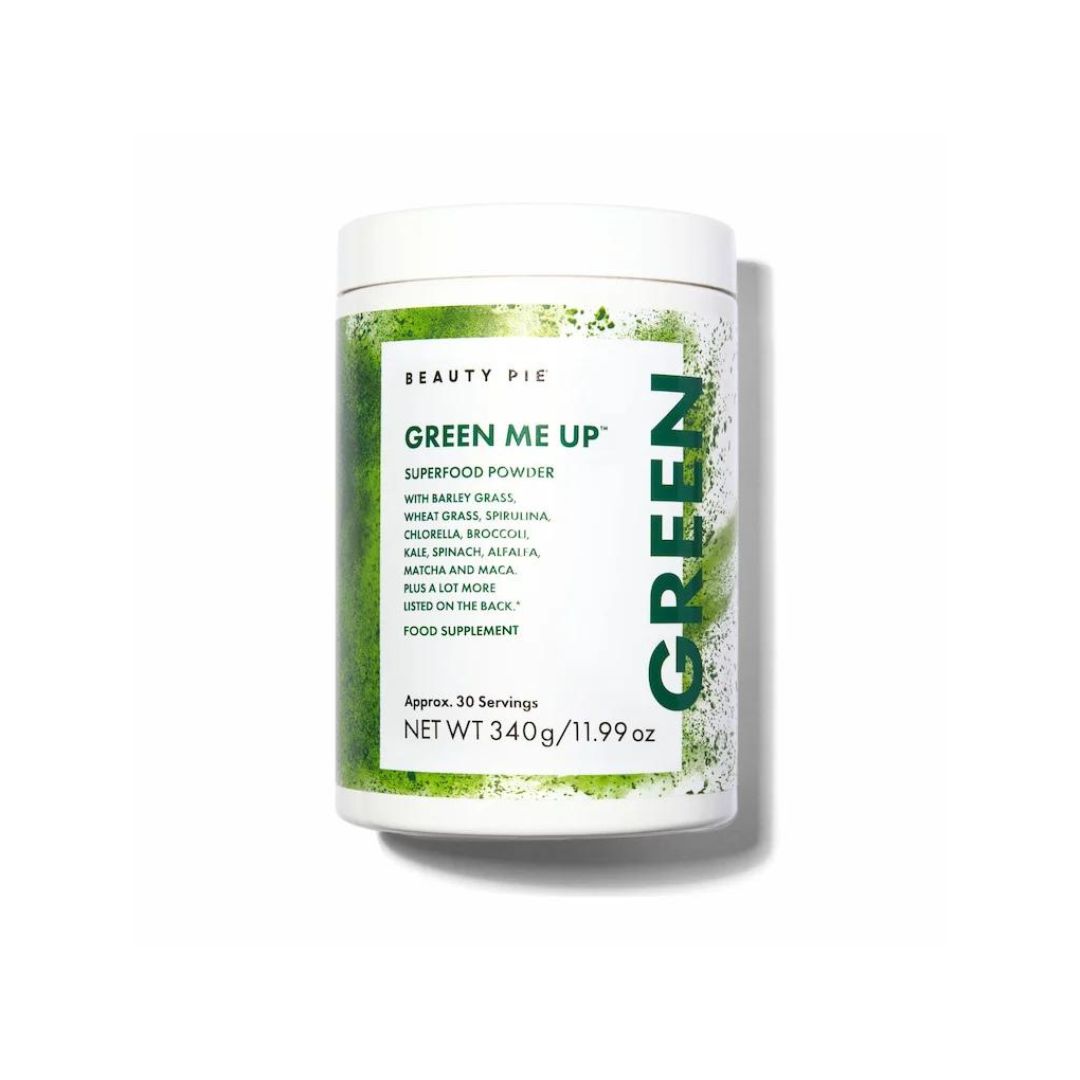
The Beauty Pie product may not have adaptogens of probiotics added to the mix, but instead have opted for medicinal mushrooms as their added bonus, shares the nutritionist. "There is good evidence on medicinal mushrooms being used for various health concerns this is very specific to the person’s needs," Stavridis explains.
That said, she does warn that both the type of mushroom and dosage will need to be adjusted from person to person, and so a one-size-fits-all approach might not be best.
Are green powders actually good for you?
As nutritionist Uta Boellinger points out, they can be a great addition to an already balanced, healthy diet. She shares: "Greens powders can be a great add-on if you need an extra boost on a busy day - it's a convenient way to up your micronutrients, including magnesium and B-vitamins, both crucial for energy levels and nervous system support."
That said, they're not a replacement for balanced meals that contain healthy fat, protein, complex carbohydrates and fibre, too. Repeat after us: no supplement will ever be a cure-all.

Ally is Marie Claire UK's Senior Health and Sustainability Editor, a well-regarded wellness expert, ten-time marathoner, and Boston Qualifying runner.
Utilising her impressive skillset and exceptional quality of writing, she pens investigative, review and first-person pieces that consistently demonstrate flair and originality.
As well as writing, Ally manages a team of freelancers, oversees all commissioning and strategy for her pillars, and spearheads the brand's annual Women in Sport covers, interviewing and shooting the likes of Mary Earps, Millie Bright, and Ilona Maher. Shortlisted for three BSMEs and winning one in 2022, Ally lives and breathes her verticals: her eye for a story and connections within the wellness sphere are unrivalled. Follow Ally on Instagram for more.

